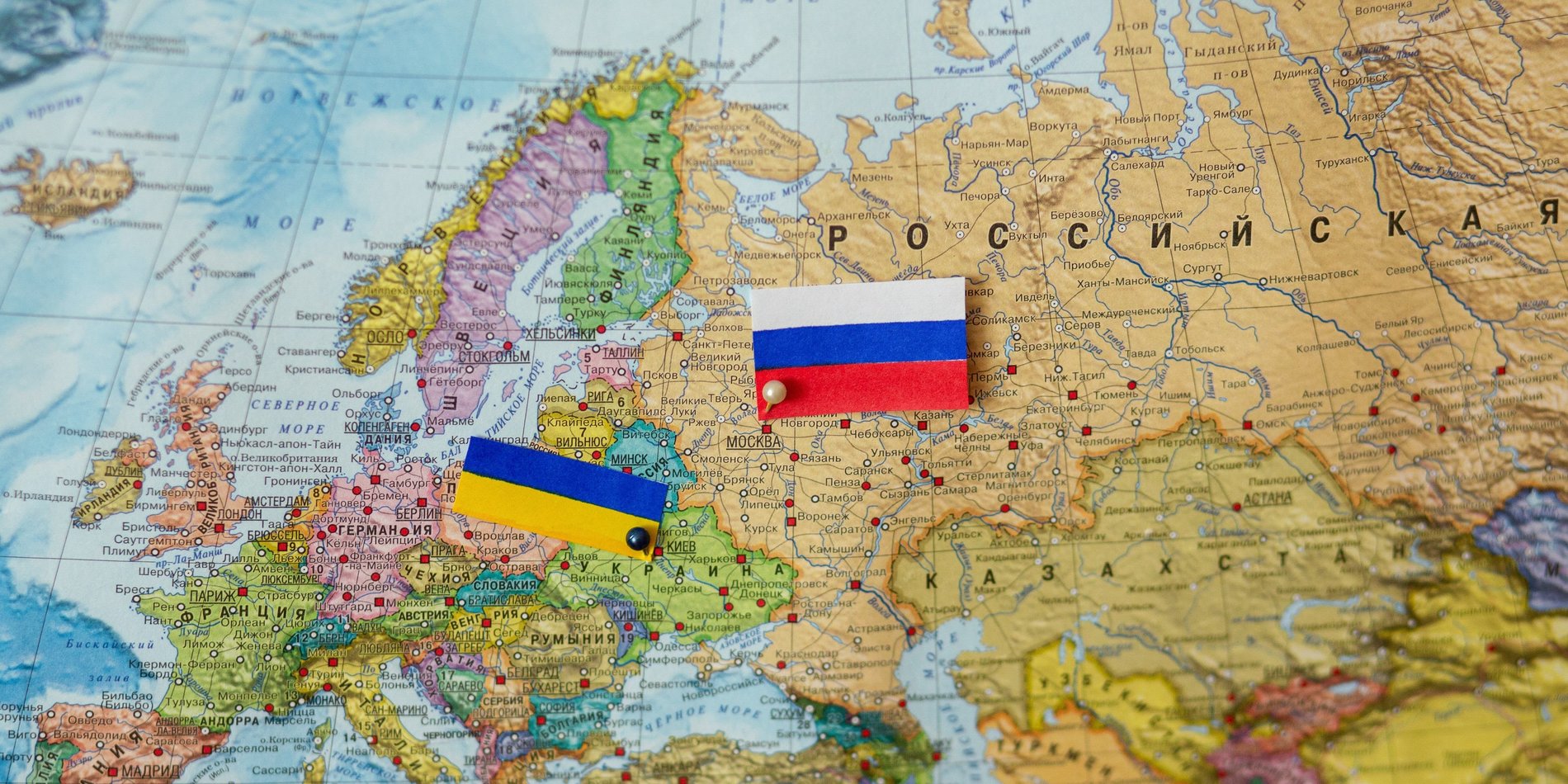Stanford opens a research center in Korea’s ‘smart city’ of Songdo
Stanford University this week established the Stanford Center at the Incheon Global Campus, a research center in the “smart city” of Songdo, a 1,500-acre business district nestled within the South Korean city of Incheon, a trade and transportation hub close to the nation’s major international airport.
The center will bring together researchers from across Stanford’s seven schools with collaborators from South Korean industry, government and universities to initially conduct research on smart, sustainable cities and urban communities, with the goal of attracting researchers throughout the university who are interested in Korean collaborations.
“While the Center’s work looks to the future, it is rooted in deep, historic ties between Stanford and South Korea,” President Marc Tessier-Lavigne said at a virtual ribbon-cutting ceremony Wednesday morning, South Korea time. “South Korea has been one of the top countries sending students to Stanford for more than 30 years. As a result of our decades-long relationship, Stanford alumni now serve as leaders in South Korean universities, government and private enterprise.”
The center will provide a testbed to help academic and corporate researchers develop and deploy a new generation of physical structures and electronic technologies as prototypes for the urban environments of the 21st Century, said Michael Lepech, faculty director of the center and an associate professor of civil & environmental engineering.
Researchers from a variety of academic disciplines and fields will focus initially on four key areas: improving how data is collected, stored and visualized to improve smart-city technology implementation; using data to improve wellness and quality-of-life for populations in and around urban areas; synthesizing and integrating sensor data to help enable companies based in smart cities to accelerate innovation and boost profitability; and developing ways for municipalities to invest in new technologies so that they are more competitive in a global economy and financially sustainable.
Lepech said the center was inspired by a 2015 strategic planning initiative at the School of Engineering known as SoE-Future. Initiated by then-dean, Stanford University Provost Persis Drell, and led by an inclusive committee of faculty, staff and students, the school identified grand global challenges in which engineers could make a significant world-changing impact over the coming decades. Among them was how engineering can ensure that humanity flourishes in the cities of the future. “This center provides us with access to real-time smart city data, and unique infrastructure to test new technologies and ideas,” Lepech said. “Essentially, it’s a city-scale lab for those of us who are interested in studying these topics.”
The center is funded through an initial 5-year, $12.5 million commitment from the Ministry of Trade, Industry and Energy of the Republic of Korea; the Incheon Municipal Government; the Incheon Free Economic Zone Authority. The support of the Stanford Club of Korea was also instrumental in the development of the center, Lepech said. The funds will be used to hire 10 staff researchers who will work at the Incheon Global Campus while also funding 10 faculty, postdoctoral and/or PhD level researchers who will carry out their work on campus.
The organizational structure of the Incheon Global Campus is designed to attract Stanford research projects far beyond the four initial goals, said Lepech. He hopes its presence will enable Stanford faculty, postdocs and PhD students to collaborate with corporate, governmental, non-profit partners and other universities in East Asia on projects carried out at the Songdo testbed. “Faculty from other parts of campus – for instance, the Medical School or School of Humanities and Sciences – could use this as the base for new types of international research that could not have been possible before,” he said. “I would love to see other Stanford faculty come in and use this as a resource to pursue their research missions and interests.”
Joining Lepech and the Stanford team at the June 3 ceremony were numerous industry, academic and government leaders, including Ban Ki-moon, who served until 2016 as the eighth secretary general of the United Nations, and who made the opening remarks.
“I’m thrilled and honored to have His Excellency Ban Ki-moon with us at our opening ceremony,” Lepech said. “Smart cities and urban systems, along with international collaboration, are central to achieving a number of the UN’s Sustainable Development Goals.”
In her remarks to help celebrate the opening of the new center, Jennifer Widom, dean of the Stanford School of Engineering, said faculty in the school and across the university are engaged in many research collaborations on topics around urban sustainability, including on such topics as how to make future cities more flexible and adaptive; how to make them cleaner and healthier through the development of clean and reliable energy sources; how to make cities easier to traverse; and how to make them more resilient to natural and man-made hazards.
“Today’s opening,” she said, “represents one way in which we have made a tangible commitment to solving these pressing challenges.”



